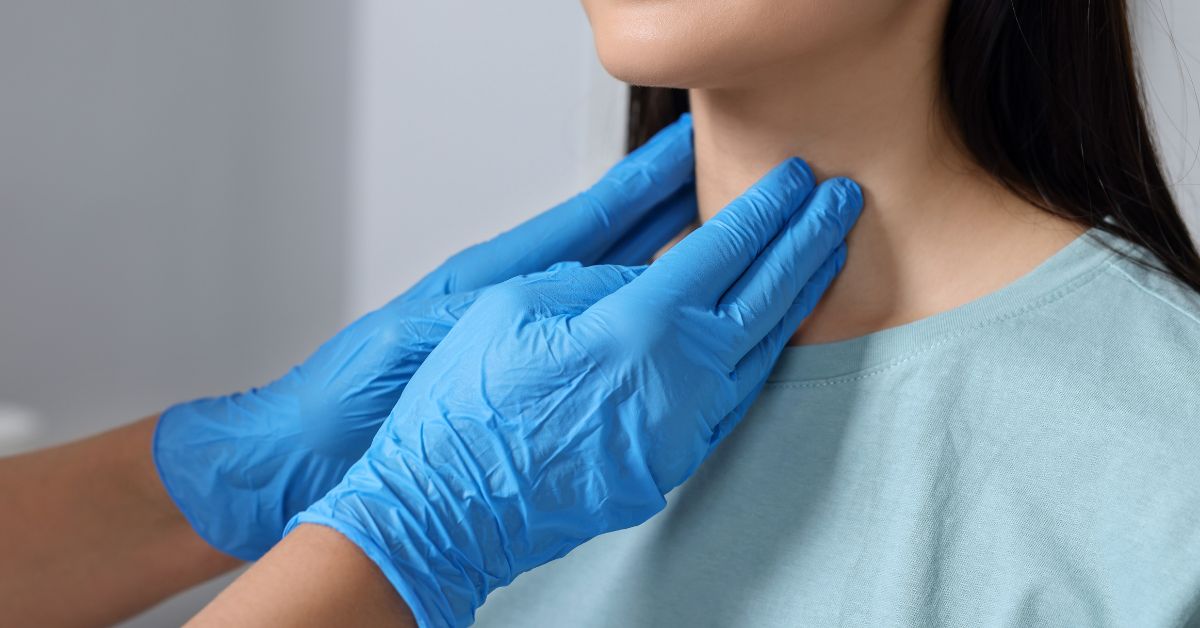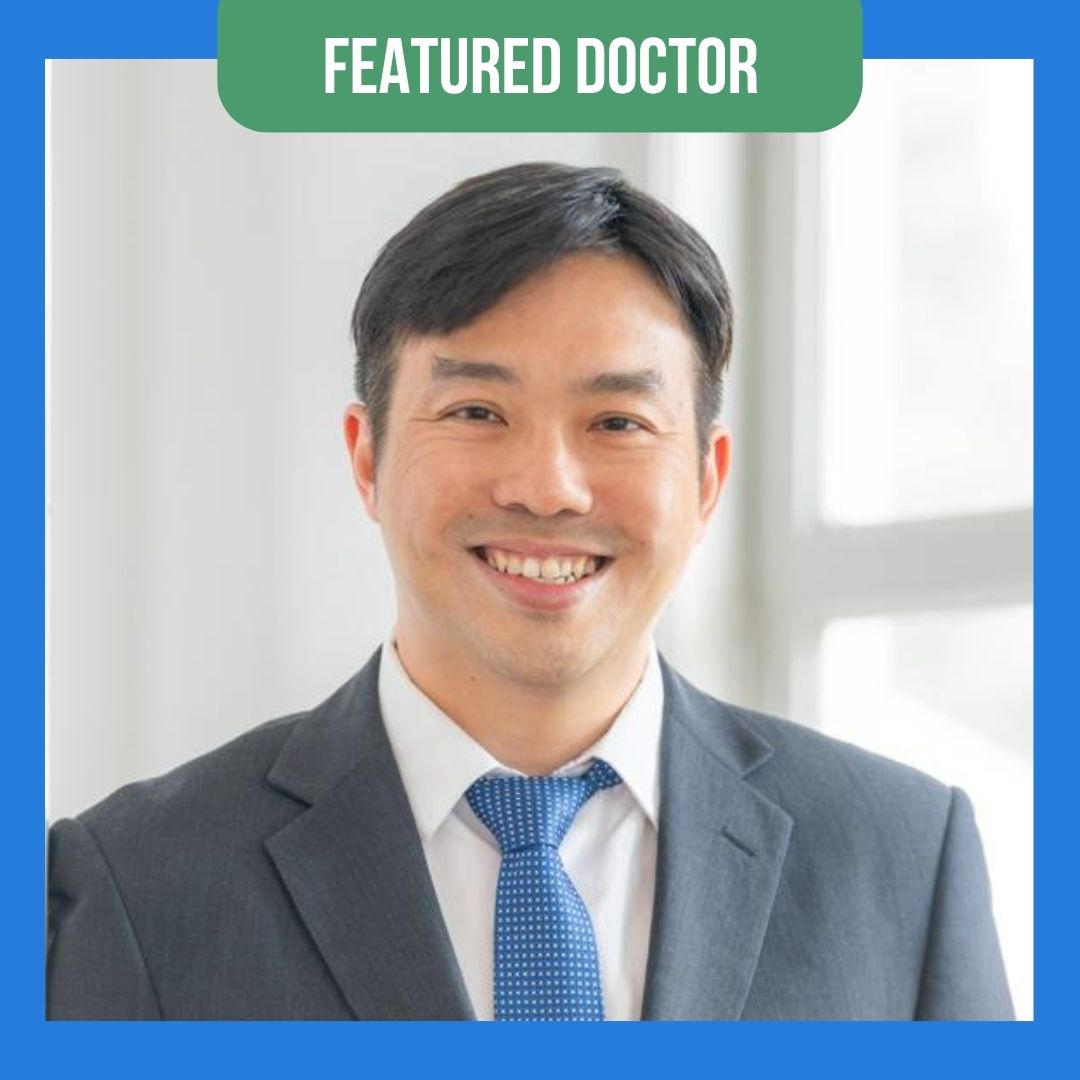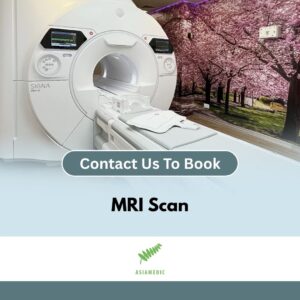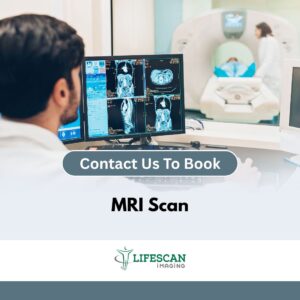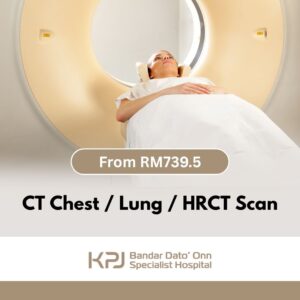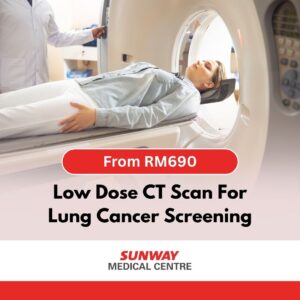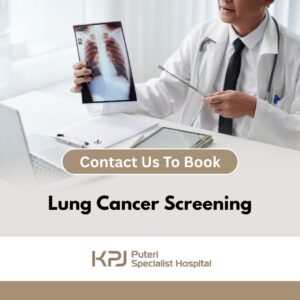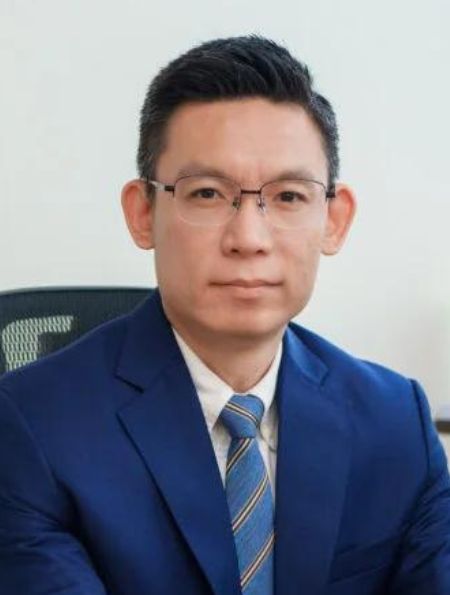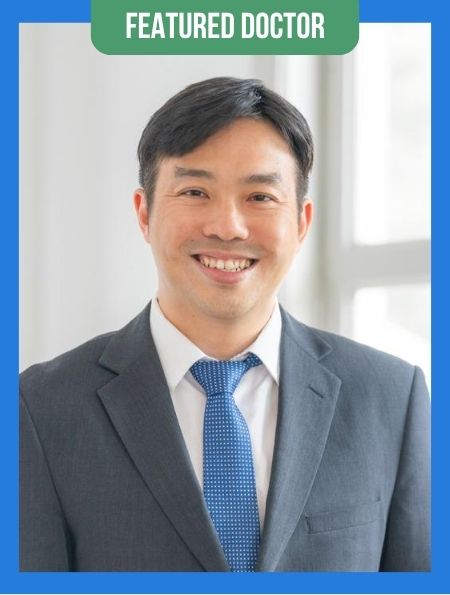Thyroid cancer is one of the most common cancers affecting the endocrine system. While survival rates are generally high with early detection and appropriate treatment, timely diagnosis and choosing the right treatment option remain critical. For many patients, thyroid cancer surgery is the cornerstone of care. However, not every case requires surgery immediately, and some may benefit from alternative treatments.
In this article, we provide a comprehensive overview of thyroid cancer surgery, screening, alternative treatments, and what you should know when seeking the right care.
Back to Big Story: Thyroid Surgery
Schedule an Appointment with a Thyroid Specialist
What Is Thyroid Cancer Surgery?
Thyroid cancer surgery involves the partial or complete removal of the thyroid gland, a butterfly-shaped organ located at the base of the neck. The procedure is performed by an endocrine or head-and-neck surgeon, depending on the complexity of the case.
The type of surgery recommended will depend on factors such as the size of the tumour, whether it has spread, and the patient’s overall health.
Common types of thyroid cancer surgery:
- Hemithyroidectomy – Removal of one side (lobe) of the thyroid. Often performed for smaller, contained tumours.
- Total thyroidectomy – Removal of the entire thyroid gland, typically recommended for larger tumours, aggressive cancer types, or if the cancer has spread to both lobes.
- Neck dissection – Performed if cancer has spread to lymph nodes.
Screening and Diagnosis of Thyroid Cancer
Unlike some cancers, routine thyroid cancer screening is not recommended for the general population. However, if symptoms or risk factors are present, your doctor may recommend imaging tests to investigate further.
Thyroid Ultrasound
- First-line, non-invasive imaging test to assess the thyroid gland.
- Used to examine gland size, detect nodules, cysts, or structural abnormalities.
- Helps doctors decide if further testing, such as fine needle aspiration (biopsy), is needed.
- No special preparation or fasting is required.
CT or MRI of the Neck
- Performed if ultrasound findings are unclear, or if more detail is needed for surgical planning.
- Useful in cases of large goitres, tumours, or complex neck anatomy.
Note: Patients can be referred for a thyroid ultrasound by their doctor, or may choose to undergo the test as part of certain health screening packages that include it.
Medical Imaging Packages You May Consider

Who Should Consider Thyroid Checks?
While not everyone needs screening, it is advisable for individuals with higher risk factors or concerning symptoms to undergo thyroid checks. This includes people who:
- Have a family history of thyroid cancer or thyroid disease.
- Notice a lump in the neck, voice changes, or difficulty swallowing.
- Are women over the age of 40, when thyroid conditions are more common.
- Have autoimmune conditions (e.g., Hashimoto’s thyroiditis, Graves’ disease).
- Have a history of iodine imbalance.
- Experience hormonal changes, such as during pregnancy or postpartum.
Alternative Treatments for Thyroid Cancer
While surgery is the mainstay treatment, alternative or adjunct therapies may be recommended depending on the stage and type of thyroid cancer:
- Radioactive Iodine Therapy (RAI): Used after surgery to destroy any remaining thyroid tissue or cancer cells.
- External Beam Radiation Therapy: Recommended for cases where surgery is not suitable or where the cancer cannot be fully removed.
- Targeted Therapy: Medications designed to block specific molecular changes in cancer cells.
- Chemotherapy: Rarely used, but may be considered in advanced cases where other treatments are not effective.
- Active Surveillance: In selected cases of very small papillary thyroid cancers, doctors may recommend monitoring rather than immediate surgery.
Thyroid Surgeons You May Consider
Thyroid cancer surgery requires precision to ensure complete cancer removal while preserving important structures in the neck, such as the vocal cords and parathyroid glands. Choosing an experienced surgeon can reduce the risk of complications such as hoarseness, low calcium levels, or recurrence.

For inquiries about Thyroid Surgery, surgeons, costs and other information, contact us below.
Cost Considerations
The cost of thyroid cancer surgery can vary depending on the procedure required, the type of hospital (private or public), and the use of additional therapies.
Learn more about costing here: Thyroid Cancer Surgery Cost: What To Expect
Frequently Asked Questions (FAQs)
1. Is thyroid cancer curable?
Yes, thyroid cancer is highly treatable, especially when detected early. Many patients go on to live normal, healthy lives after treatment.
2. How long is the recovery period after thyroid cancer surgery?
Most patients can return home within a few days after surgery. Full recovery usually takes a few weeks, depending on the type of surgery performed.
3. Will I need to take medication after surgery?
If the entire thyroid is removed, you will need lifelong thyroid hormone replacement to regulate your metabolism.
4. What are the risks of thyroid surgery?
Possible risks include hoarseness, low calcium levels, bleeding, or infection. These risks are minimised when the surgery is performed by an experienced surgeon.
5. Can thyroid cancer return after treatment?
Yes, recurrence is possible, which is why regular follow-up with your doctor, including blood tests and imaging, is essential.
Disclaimer: 365Asia aims to provide accurate and up-to-date information, our contents do not constitute medical or any professional advice. If medical advice is required, please consult a licensed healthcare professional. Patient stories are for general reading. They are based on third-party information and have not been independently verified.


